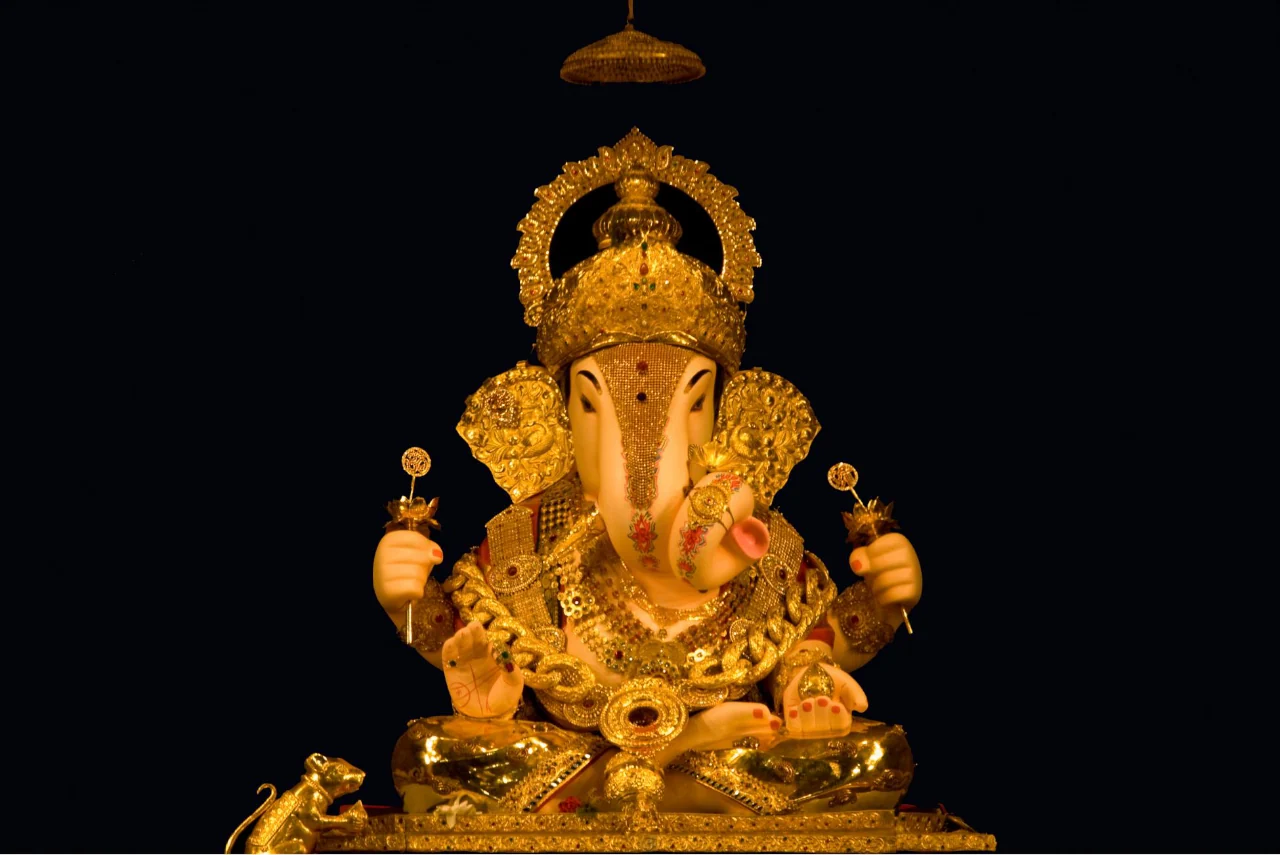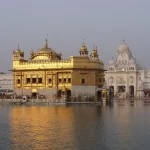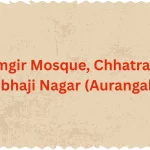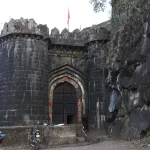🛕 Manache 5 Ganpati Temples in Pune: A Sacred Trail of Faith, Culture & History
🔘 Introduction: Unfolding Pune’s Spiritual Heartbeat
Every city has a soul. Pune’s beats strongest during Ganesh Chaturthi, a festival where tradition, devotion, and grandeur come together to honour Lord Ganesha. And while the entire city transforms into a vibrant hub of festivities, five temples hold a seat of unmatched reverence — the Manache 5 Ganpati Temples of Pune.
These temples are more than just religious shrines. They are the living, breathing embodiment of Pune’s spiritual lineage, cultural pride, and historical legacy. When the Ganesh festival begins, these five Ganpati Mandals lead the way in processions, rituals, and public celebrations, setting the tone for the rest of the city. Their seniority isn’t based on size or wealth, but on tradition and respect — “Manacha Ganpati” literally translates to “Respected Ganpati”.
In this post, we take you on a vivid journey across Pune’s oldest and most revered Ganesh Mandals — exploring their detailed history, majestic architecture, legends, cultural significance, and immersive experiences. We’ll take you through the best ways to reach them, nearby attractions, local markets and food, lifestyle, and everything you need to explore this divine circuit like a local.
We’ve interviewed long-time residents and cultural historians, scouted the by-lanes of Budhwar Peth and Tulshibaug, and captured insights that go beyond tourist guides. So whether you’re a history enthusiast, a spiritual seeker, or a traveler eager to experience authentic Maharashtrian heritage — this guide is crafted just for you.
Let’s begin with a brief look at all the 5 Manache Ganpati Temples in Pune
🎉 The Origin of Ganesh Utsav in Pune: More than a Festival
Ganesh Utsav, as we know it today, found its organised public form in the late 19th century, when Lokmanya Bal Gangadhar Tilak transformed it from a household ritual into a community celebration. This wasn’t just to bring people together for devotion — it was a masterstroke to create unity during the British colonial regime. Pune became the epicentre of this cultural revolution, and the five senior-most Ganpati Mandals — the Manache 5 Ganpatis — were given the pride of place in all processions and rituals.
Each of these temples carries a slice of this socio-political awakening, along with centuries-old legends, patronage from historical figures like Chhatrapati Shivaji Maharaj, and architectural finesse that reflects Pune’s evolving urban texture.
🛕 What Does ‘Manache Ganpati’ Mean?
The word “Manacha” in Marathi means “Respected” or “of honour”. So, “Manache Ganpati” refers to those Ganesh Mandals that are given first preference during the festival’s major ceremonies — particularly the immersion procession (Visarjan).
This recognition is not based on grandeur or donations but on Tradition, Age, Cultural value, and Religious significance. In fact, these temples are torchbearers of Pune’s Ganesh festival — leading by example with devotion, discipline, and timeless charm.
Also Read
Renuka Mata Temple: Divine Heritage of Chandwad, Nashik District
🌟 Let’s Dive into the Divine Journey of the Manache 5 Ganpati Temples
Here’s a brief introduction to all 5 Manache Ganpatis of Pune, capturing their Historical importance, significance during Ganesh Utsav, and unique attributes:
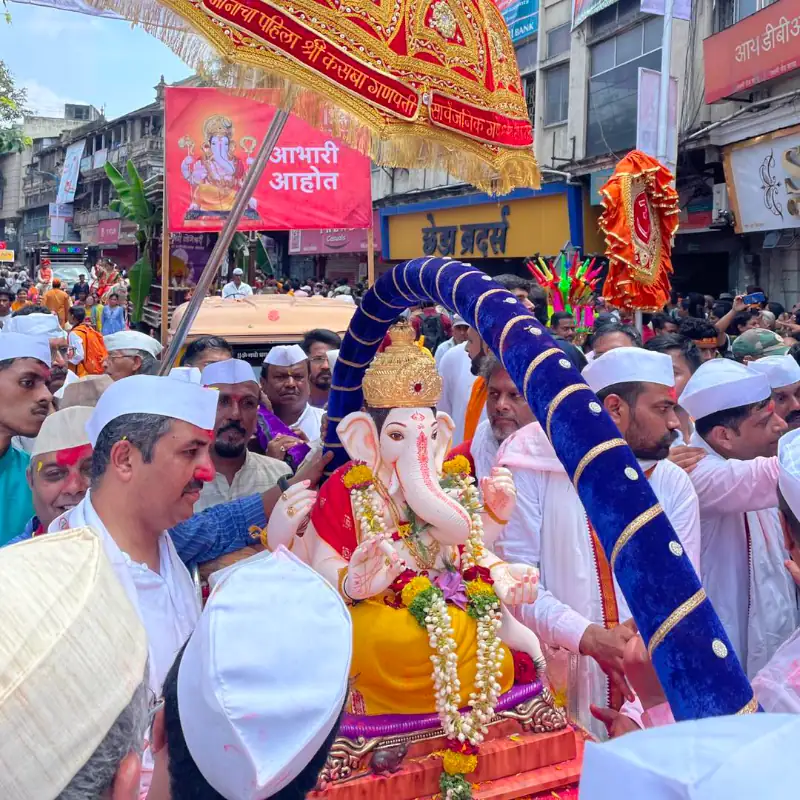
🛕 1. Kasba Ganpati – Pune’s Gramdevta & The First Manacha Ganpati
📍 Location: Kasba Peth, Pune
🗓️ Established: 1639
✅ Highlights of Kasba Ganpati – Pune:
⦿ Installed by Chhatrapati Shivaji Maharaj under the guidance of his mother Jijabai.
⦿ Recognised as Pune’s Gramdevta (Presiding Deity).
⦿ Leads the Ganesh immersion procession every year.
⦿ Surrounded by traditional Wadas and narrow lanes that echo old Pune charm.
🏛️ History & Architecture:
The temple is built in classic Peshwa-style architecture with stone walls, arched wooden entrances, and a sanctum that houses the iconic Ganpati idol — simple yet spiritually powerful. The Kasba Ganpati Mandal was established as a way to unify citizens under one spiritual umbrella during turbulent times.
🎤 “This Ganpati is not just our protector; he’s part of our family”, says Mr. Patankar, a fourth-generation priest at the temple.
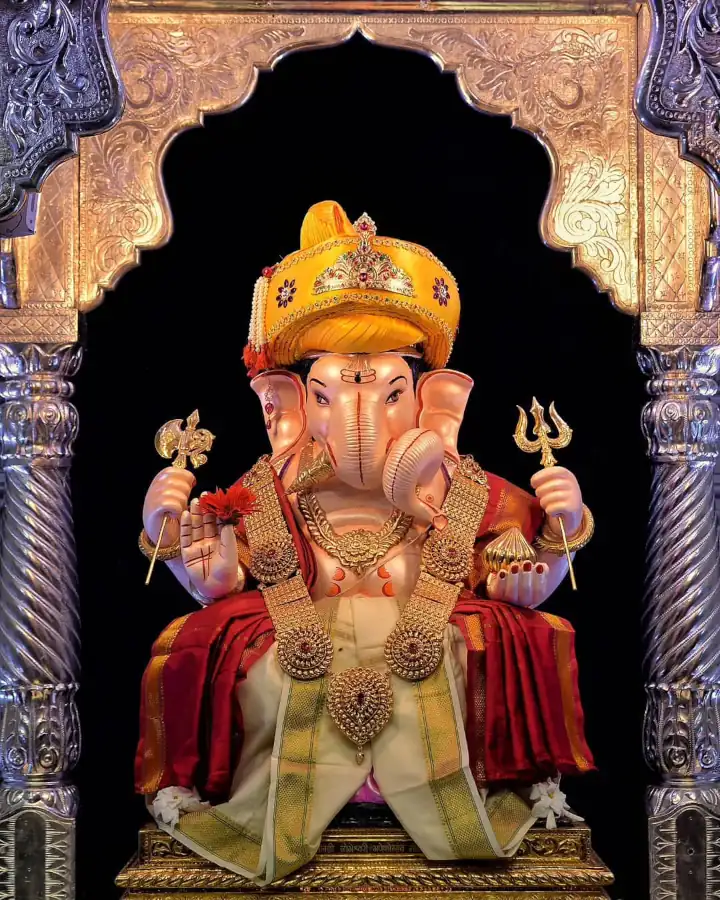
🛕 2. Tambdi Jogeshwari – The Guardian Goddess of Pune
Located in Budhwar Peth, Tambdi Jogeshwari is primarily a temple of the Goddess Jogeshwari, considered the Gramdevi (Guardian Goddess) of Pune. The Ganpati idol here is worshipped with great devotion and is the Second most respected Ganpati during Ganesh Utsav. Celebrations here are known for their traditional fervour and rich cultural rituals. The Silver dome pandal set up during the festival is a visual treat for devotees and tourists alike.
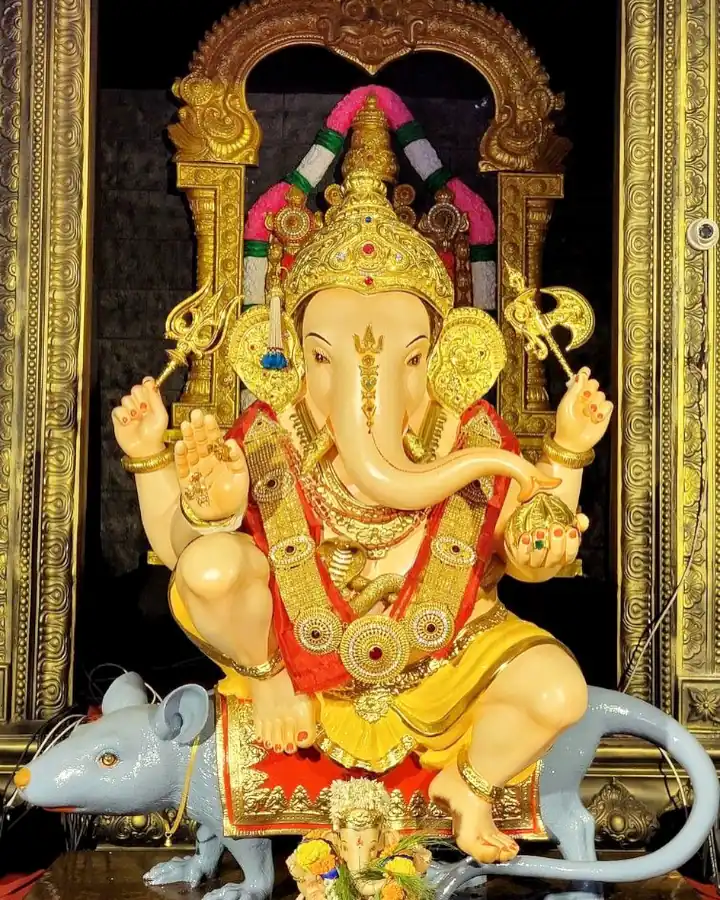
🛕 3. Guruji Talim – A Symbol of Communal Harmony
Established in 1887 by a Hindu-Muslim duo, the Guruji Talim Ganpati represents unity and inclusiveness. It predates Lokmanya Bal Gangadhar Tilak’s public Ganesh festival movement, making it one of the oldest mandals in the city. Located on Laxmi Road, it is famous for its secular roots, historical legacy, and for introducing the vibrant Dhol-tasha tradition in Pune’s processions. It holds the third position in honour during the Ganesh festival.
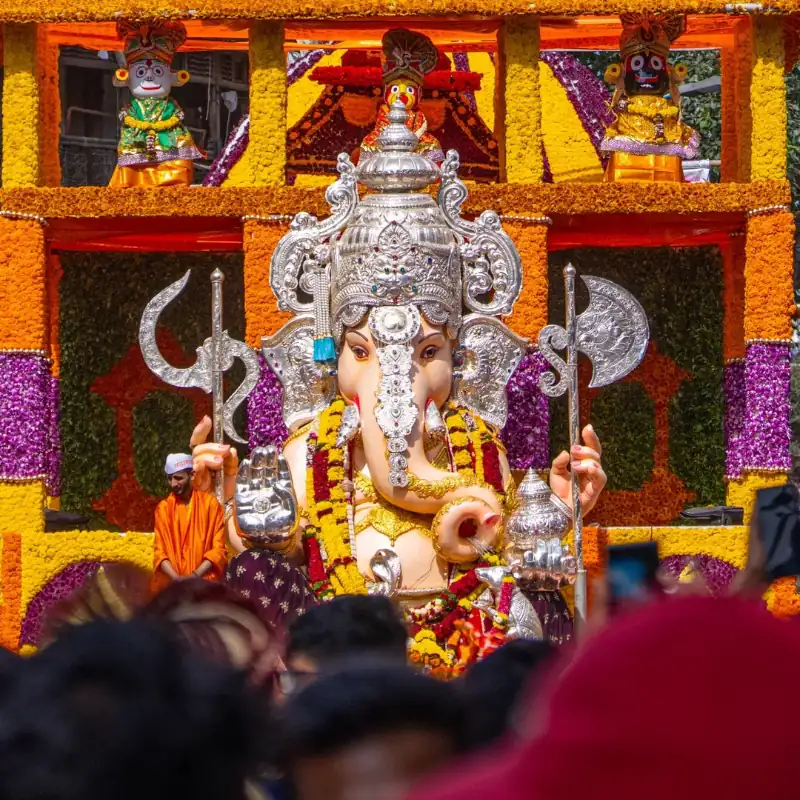
🛕 4. Tulsibaug Ganpati – Where Devotion Meets Grandeur
Situated in the bustling Tulsibaug market area, this Ganpati Mandal is known for its 13-feet tall idol crafted in Fiber-glass — a first in its time. Adorned with Silver ornaments weighing over 80 kg, the Tulsibaug Ganpati is a marvel to behold. Established in the 18th century, it is the fourth most honoured Ganpati and a favourite among locals for its divine presence and stunning decorations.
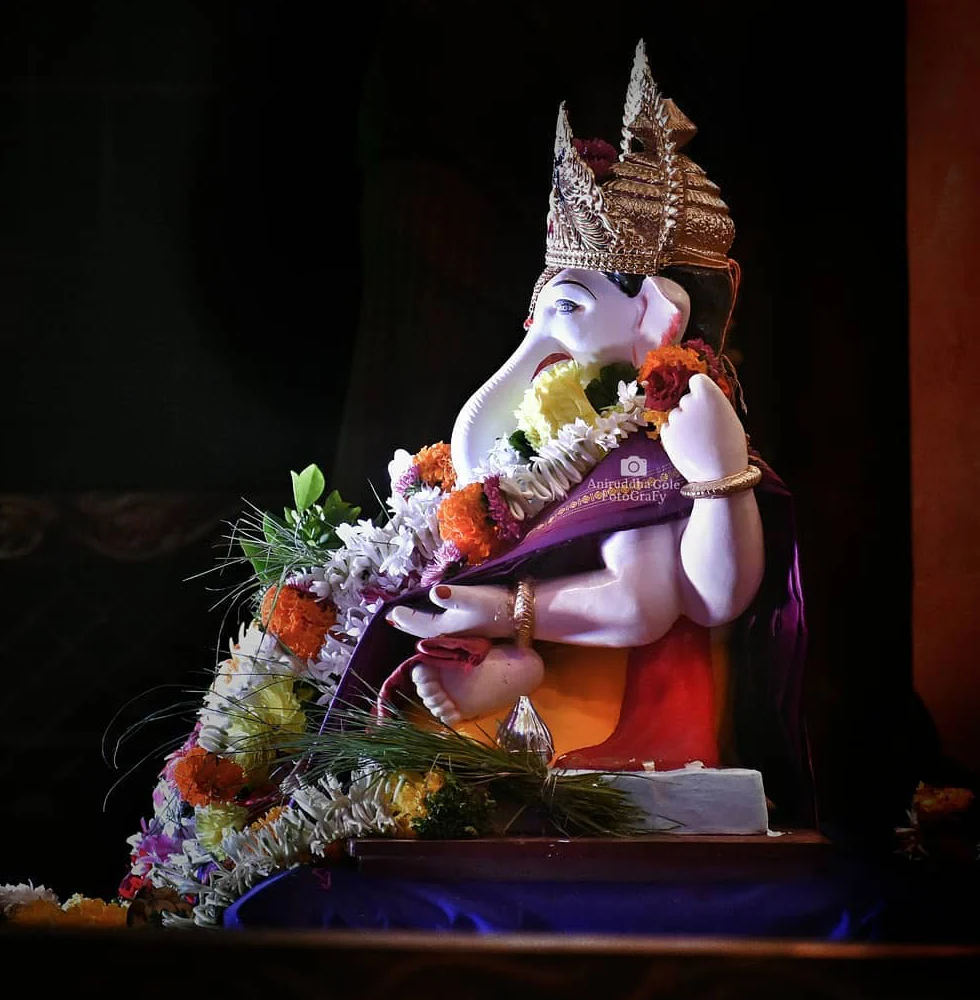
🛕 5. Kesari Wada Ganpati – Legacy of Lokmanya Bal Gangadhar Tilak
Installed by Lokmanya Bal Gangadhar Tilak in 1893 within the historic Kesari Wada (Tilak’s residence), this Ganpati is deeply tied to India’s freedom movement. It holds the fifth place in respect among the Manache Ganpatis. The idol is placed alongside a permanent shrine inside the Wada, which also houses a museum and Marathi press. This temple played a pivotal role in transforming Ganesh Utsav into a nationalistic and social movement.
🗺️ Distance to Pune (Manache 5 Ganpati Temples) from Major Cities
| City | Distance to Pune | Travel Time (Approx.) | Recommended Mode |
| Mumbai | 150 km | 3–4 hours | Train/Private Car |
| Nashik | 210 km | 5–6 hours | Bus/Car |
| Hyderabad | 560 km | 10–11 hours | Train/Bus |
| Ahmedabad | 660 km | 11–12 hours | Train/Bus |
| Bengaluru | 840 km | 12–14 hours | Bus/Train |
🌍 Local Insights: Demographics, Talukas, Culture & More
❉ District Talukas: Haveli, Mulshi, Bhor, Baramati, Junnar, etc.
❉ Languages: Marathi (Primary), Hindi, English
❉ Economy: IT, Education, Tourism, Auto Industries
❉ Notable People: Lokmanya Tilak, P. L. Deshpande, Dr. Vasant Gowarikar
🌦️ Weather Conditions in Pune
❉ Summer (March–June): Warm and dry (28°C – 38°C)
❉ Monsoon (July–September): Moderate to heavy rains
❉ Winter (October–February): Cool and pleasant (12°C – 30°C)
Monsoon season is ideal for enjoying lush green surroundings but expect crowds during Ganeshotsav.
🎒 Travel Tips
❉ Start early to avoid crowds during Darshan.
❉ Wear traditional attire to blend in during Ganesh Utsav.
❉ Stay hydrated and try local snacks like Modak & Misal Pav.
❉ Don’t miss local markets like Laxmi Road and Tulshibaug.
📌 FAQs about Manache 5 Ganpati Temples – Pune
What is the best time to visit the Manache 5 Ganpatis in Pune?
The best time is during Ganesh Chaturthi (August–September), but for a peaceful experience, visit in the off-season around October–February.
Can I visit all 5 temples in a single day?
Yes! All five temples are located within a 5 km radius, making it ideal for a spiritual walking tour.
Are these temples open year-round?
Absolutely. All temples are open throughout the year. Darshan hours may vary during festivals.
📢 Conclusion: Walk the Path of Faith and Heritage
The Manache 5 Ganpati Temples are not just places of worship — they are storytellers of Pune’s past, custodians of its culture, and beacons of faith for generations. Walking through them is walking through history, devotion, and celebration. Whether you’re visiting for spiritual reasons or cultural exploration, the experience will stay etched in your heart.
📚 Sources
→ Konkan.me
→ Campus Times Pune
→ Pune Mirror
→ Punekar News
→ Interviews with local residents & priests (April 2025)
Image Credit: Instagram
For more information, you can visit our website: ExploreXP
- Arrah, Bihar: A Comprehensive Travel and Cultural Guide

- Aranya Devi Temple – Arrah, Bihar: Where Mythology Meets Modern Devotion
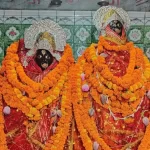
- Anjaneri Hill – Nashik, Maharashtra: Where Myth Meets Majesty
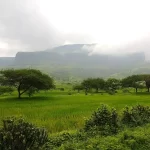
- Anand Sagar, Shegaon, Maharashtra – A Spiritual Oasis Blending Serenity & Adventure
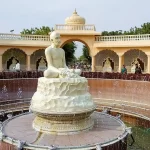
- Aga Khan Palace – Pune’s Monument of Freedom and Legacy
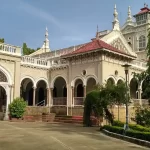
- Attari Sham Singh Railway Station – A Historic Gateway to Punjab’s Heritage

